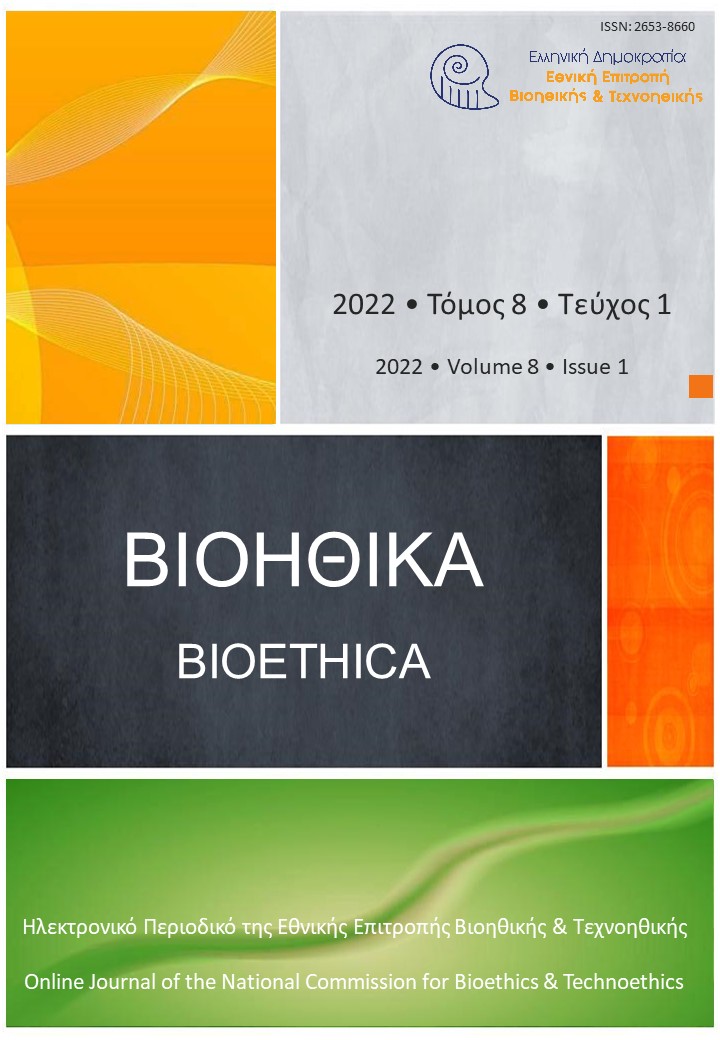E-Health Applications and Data Protection: a comparison of selected European Union members’ national legal systems
Abstract
In a context of constant evolutions and digitalization of the world, the health industry is one of the most relevant areas of innovation, especially with the development of countless types of electronic health (e-health) applications such as electronic health records or health applications on mobile devices. Furthermore, as data is becoming increasingly valuable, patients’ health data, in particular, require the highest level of attention as it is vastly confidential and stored in massive amounts in e-health applications. Along with the development of new technologies, law is deemed to follow for regulating it. This implies
that law must act as a protector for health data.
Within the European Union, the issue of data protection has been dealt with by the European Commission notably through the General Data Protection Act (GDPR) in 2018, but it is each country’s responsibility to deal with new technologies in health, implement and apply data protection to health data.
Thus, it is relevant to compare how European countries deal with health data managing issues in e-health applications from a legal perspective and evaluate how efficient they are. For the purpose of this research, only three types of health applications will be compared as a sample, including electronic health records, electronic prescriptions and mobile health applications.
Article Details
- Zitationsvorschlag
-
Ferreira, T. (2022). E-Health Applications and Data Protection: a comparison of selected European Union members’ national legal systems. Bioethica, 8(1), 74–84. https://doi.org/10.12681/bioeth.30545
- Ausgabe
- Bd. 8 Nr. 1 (2022): Bioethica
- Rubrik
- Reviews

Dieses Werk steht unter der Lizenz Creative Commons Namensnennung 4.0 International.
Authors who publish with this journal agree to the following terms:
- Authors retain copyright and grant the journal right of first publication with the work simultaneously licensed under a Creative Commons Attribution CC BY 4.0 License, which allows for immediate free access to the work and permits any user to read, download, copy, distribute, print, search, or link to the full texts of articles, crawl them for indexing, pass them as data to software, or use them for any other lawful purpose. Appropriate credit must be given by citing the author(s) and the original publication in this journal.
- Authors are able to enter into separate, additional contractual arrangements for the non-exclusive distribution of the journal's published version of the work (e.g. post it to an institutional repository or publish it in a book), with an acknowledgement of its initial publication in this journal.
We encourage authors to deposit their articles, as well as data underlying the publications, in institutional and/or other appropriate subject repositories.
Bioethica permits and encourages authors to archive the final publication pdf in institutional (e.g. the repository of the National Hellenic Research Foundation) or other appropriate subject repositories (e.g. SSOAR repository for social sciences), in compliance with institutional and/or funder open access policies, after publication in the BIOETHICA. Authors must provide bibliographic details that credit publication in the journal, as well as related funding details (when applicable).
Lists of institutional and other subject-based academic open access repositories can be found listed by country at the registry http://opendoar.org/countrylist.php
If your institution does not possess a repository you may deposit a copy of your paper at no cost with www.zenodo.org , the repository supported for open access research in the EU by the European Commission, through the project OpenAIRE (www.openaire.eu )



